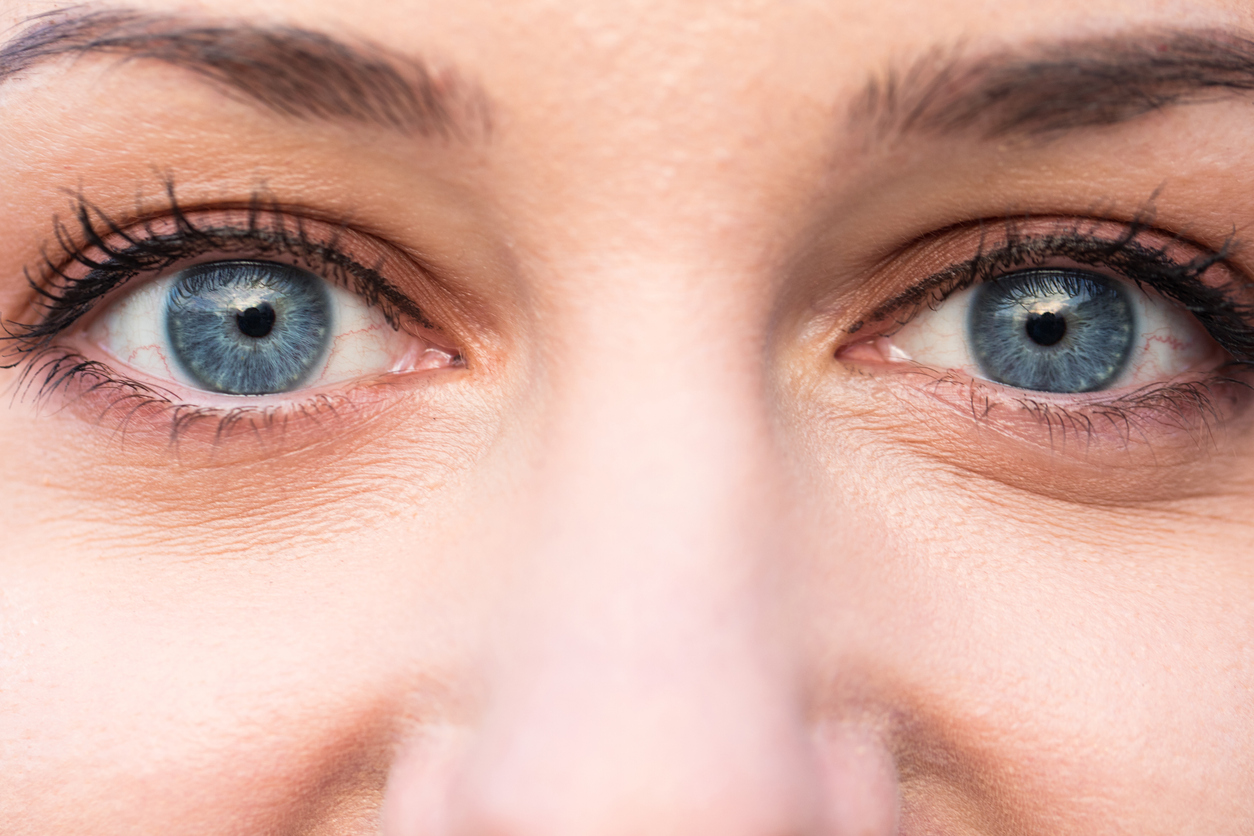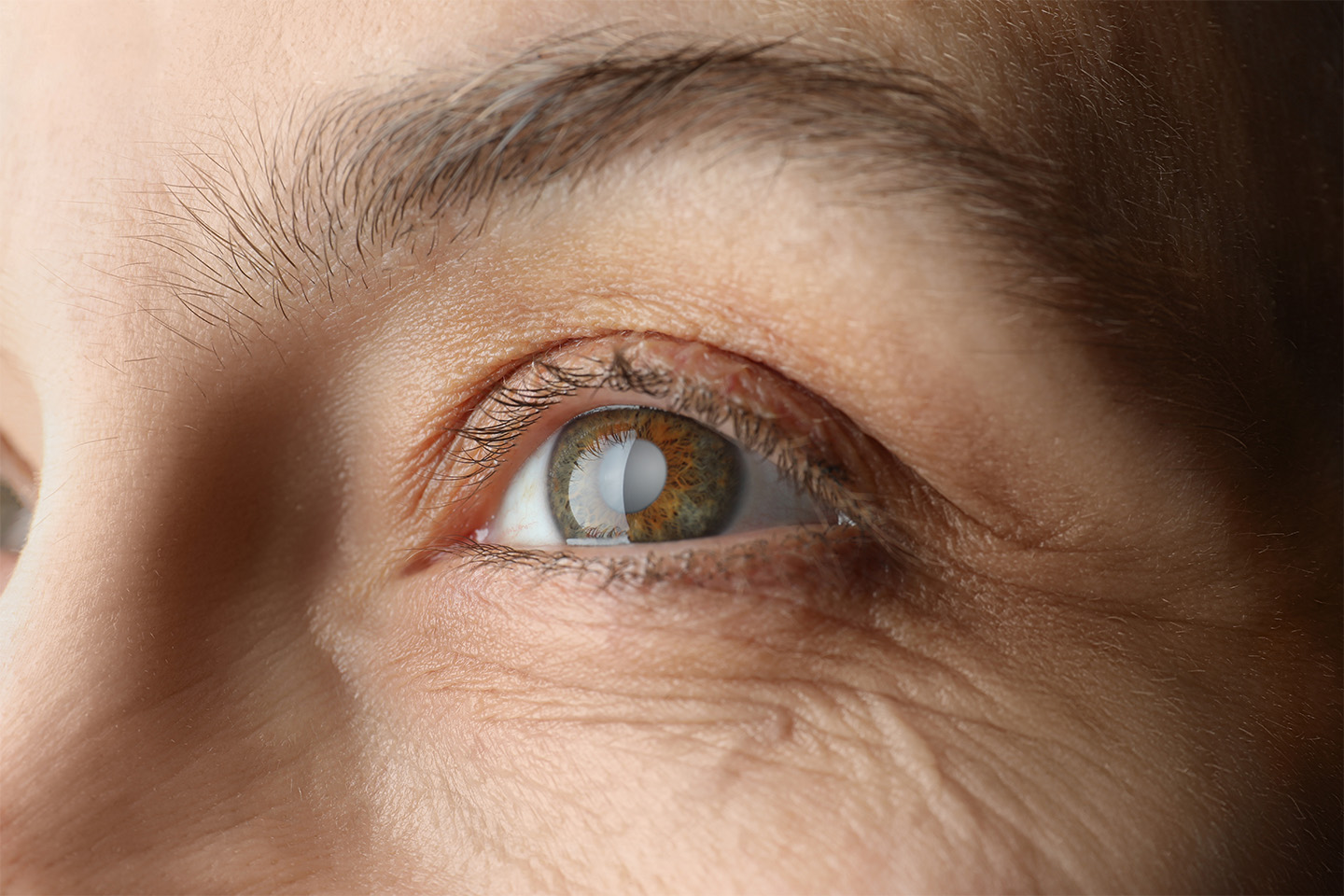LASIK Recovery: What to Expect and When

The recovery period after LASIK vision correction surgery is short, but you still need to take some precautionary steps to ensure the best results.
Since the Food and Drug Administration approved LASIK vision correction surgery some 20 years ago, eye surgeons have performed roughly 19 million LASIK procedures in the United States. During this procedure, a surgeon reshapes the cornea of the eye with a laser, smoothing out refractive vision problems like nearsightedness (myopia), farsightedness (hyperopia), and astigmatism.
After the procedure, patients immediately have clearer eyesight. However, that doesn’t mean there isn’t a recovery process during which your eyes will adjust to their new contours. Some after-effects are quite normal, but usually subside rather quickly. Here’s what to expect from your LASIK procedure, and how to ensure a successful outcome.
The Day of and Immediately Following the Surgery
LASIK surgery is an outpatient procedure, so patients are able to return home the same day (though they will need to have someone drive them to and from the appointment). Once the anesthesia wears off, you may feel a burning or itching sensation in the eye, but over-the-counter pain medication should be able to relieve this discomfort.
You can also expect some blurriness and dry eye in the hours immediately following your procedure. Your doctor may prescribe lubricating eye drops to counteract dry eye, but again, these are common after-effects that will gradually diminish within hours of the operation. Similarly, you might notice halos around lights at night, extra sensitivity to light, puffy eyelids, or excess tear flow following LASIK. If these manifest, they should disappear within a week.
The day after LASIK, you’ll need to see your eye doctor to check in on how your eyes are healing. If you’re experiencing severe pain, be sure to tell your doctor.
One to Six Months After the Surgery
Most LASIK patients are able to return to their normal activities the day after surgery. That said, in the first several weeks following your procedure, you should take certain precautionary steps. For instance, don’t pat or touch your eyes excessively, as doing so will cause irritation. At night, you should wear protective shields to prevent yourself from rubbing your eyes as you sleep.
To prevent infection, avoid getting soap in your eyes, refrain from wearing makeup, and stay out of lakes, swimming pools, and hot tubs. While you can resume exercising about a week after LASIK, it’s recommended that you wear safety goggles or sports glasses with polycarbonate lenses to protect your eyes from any harm.
Six months out from LASIK surgery, your vision will have stabilized to the point where you can ditch your glasses entirely, though people with severe nearsightedness typically face a longer recovery period. Throughout the first six months following your procedure, you will need to continue to visit your eye doctor regularly.
If, after six months, your vision still has not improved to a satisfactory degree, your doctor may perform a LASIK enhancement procedure. Similar to LASIK, this entails a surgeon making minor adjustments to the cornea to correct any residual refractive errors.
Thinking About LASIK?
LASIK surgery is a safe and effective procedure that rapidly restores patients to perfect eyesight. Its quick recovery time and minimal side-effects make it a perfect option for people looking for clearer vision. Book a VIP consultation today to find out more about LASIK from the eyecare specialists at ICON Eyecare.
[DISPLAY_ULTIMATE_SOCIAL_ICONS]








